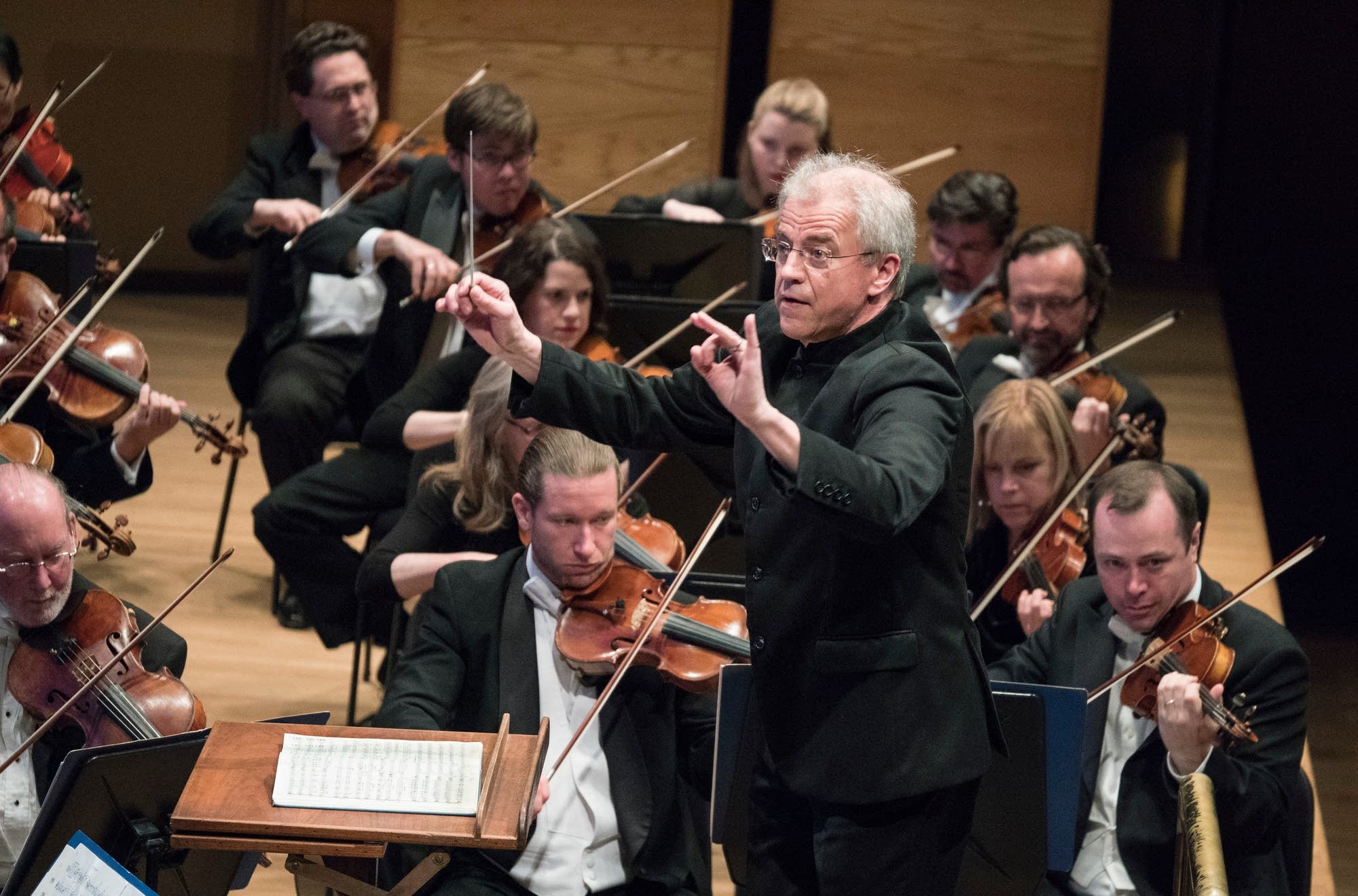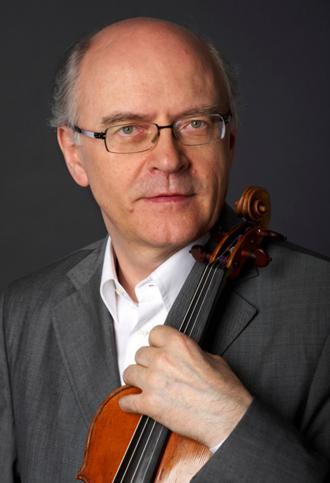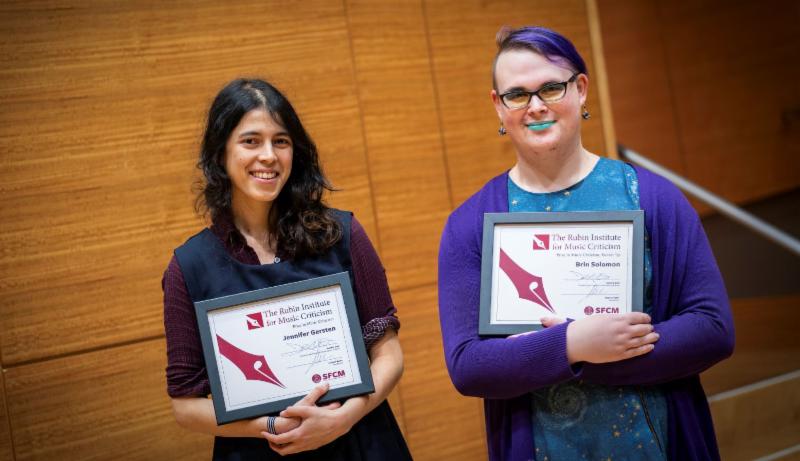From our northern correspondent:
According to Finnish media reports Theresa May promised today in a speech at a meeting with the Nordic prime ministers at the Nordic Council in Oslo that basically nothing changes with Brexit:
‘We listen to Sibelius ( …) and some of us even on occasions dance to tunes by Abba. – – We will not be turning our backs on the Nordic countries.’

From a five-minute interview with Broadway World:
‘You may have noticed that I no longer do eight performances in the run of an opera–I only do five. I found eight was taking too much out of me–not only vocally but also emotionally. I don’t want to burn myself out in this repertoire, which is so demanding.’
Having confirmed that she’s studying Salome, Anna says one other new role comes first: ‘My next big new role is going to be Leonora in La Forza del Destino, with Tony Pappano at Covent Garden. I look forward to that.’

Here’s the claim from the Vänskä-BIS teams:
No other American orchestra comes close to equaling the Minnesota Orchestra’s achievement as a recording powerhouse over the past quarter-century. Most orchestras in the U.S. are not recording at all or release only occasional live recordings, usually on in-house labels with zero support from major record companies.
Anyone care to dispute that?

CORRECTION: By our reckoning, the Minnesota Orchestra has made 16 discs with Vanska.
Someone must have made more.
The composer of Marnie at the Met tells the Beast that ‘his next opera may focus on what happened when Agatha Christie disappeared for 11 days in 1926, later claiming to be suffering from amnesia’.
Muhly noted his musical interests were more “esoteric and weird” than the all-too-literal news on any given day and that Ben, his boyfriend of 10 years, worked for a progressive political organization. “A lot of what I do is tell young composers to go out and vote,” said Muhly.
Muhly is resistant to defining his style of music-making, which combines electronic, choral and classical styles. “If you ever have 10 minutes to think about defining your musical style, I would suggest doing something else like learning German or doing ‘a Marie Kondo’ sorting through your drawers,” Muhly said with a hearty giggle.
“I find it supremely uninteresting and not productive, because you find yourself writing the press release before the piece. If you get caught up in self-definition, you don’t do yourself any favors announcing to the world what the project is stylistically.”
Read on here.

We’re hearing of a huge row in Hannover over the status of the Sibelius concerto played by Cosima Soulez Larivière, student of the competition’s founder, Krzysztof Wegrzyn, in the final round.
Apparently it’s the only one of the six final performances that has not been posted on Youtube.
So we thought we’d help the debate by posting the finale here.

UPDATE: The complete performance can be found on the competition website (which few will visit), but not on Youtube as a lasting record.
For those who object to our posting, let me point out that every Saturday, a footballer younger than this girl misses an open goal. The clip of that miss will be repeated and analysed ad nauseam. Should it be banned from TV? Of course not. The footballer, if he’s good enough, will learn from his mistake and be strengthened by the exposure.
This violinist entered a competition under implicit pressure from her teacher, its director. IMusic competitions are a tough part of the entertainment sector. Those who enter do so at their own risk. The rest of us have a duty to try – against overwhelming odds -to keep the process clean.
With the exception of Helmut Schmidt, who played four-hand with any pianist flying in to Bonn/Cologne, Angela Merkel has been the most passionate advocate for arts funding that Germany has known in the post-War era.
Her departure in 2020 will undoubtedly bring a readjustment of priorities, especially at Bayreuth where she is a regular summer visitor.

Last night, Chancellor Merkel gave a part for the 20th anniversary of the office of the Minister of State for Culture, a role she has filled with close allies and in which she has always taken a close interest.
When the current minister, Monika Grütters, opened an exhibition on Germany at the British Museum with an acceptance of Germany’s responsibility for starting both world wars, she was summoned immediately on her return to report to the Chancellor, who promptly booked a visit of her own.
The Montreal composer Joseph Glaser thinks it might:
To the COC artistic direction and the artistic team behind Hadrian,
Yesterday afternoon, like so many around the world, I read in horror of the 11 Jews killed by gun violence in a synagogue in Pittsburgh. The gunman had shouted, “all Jews must die” before opening fire on the congregation. As each detail came out I have been more and more disturbed by this attack on my people.
But it occurred to me that I had heard these words before. I had heard them sung two days before by professional artists with the support of an orchestra of 75 players and millions of dollars of funding. Before it played out, in reality, I had seen this scenario played out in your production….
Read on here.

The violinist has opened up to Bunte magazine: ‘I find the concept of having a long-lasting good relationship more attractive than a short-lived one. Unfortunately it did not work out for me.’
Mutter, 55, has been married twice. She divorced Andre Previn in 2006.

Barely had the sun set on Victorien Vanoosten’s debut at the Staatsoper Unter den Linden than the Berlin office of Opus3 Artists swooped with a contract for worldwide management.
Agents are getting quicker all the time.

Vanoosten is principal conductor of the Orchestre Symphonique du Pays Basque will become music director of the Orchestre de Neuchâtel in Switzerland next year.
The 2018 Stephen and Cynthia Rubin Institute for Music Criticism has been awarded to Jennifer Gersten, a violinist and doctoral candidate at Stony Brook University.
Anne Midgette, one of the judges, said: ‘Jennifer’s reviews were filled with trenchant observations, wit, and authority. More to the point, they were so well written–whether describing a jazz singer’s costume so vividly you felt you were in the room with her, or dryly dismissing a new work as ‘John Williams without the melodies’–that they were always a pleasure to read.’











